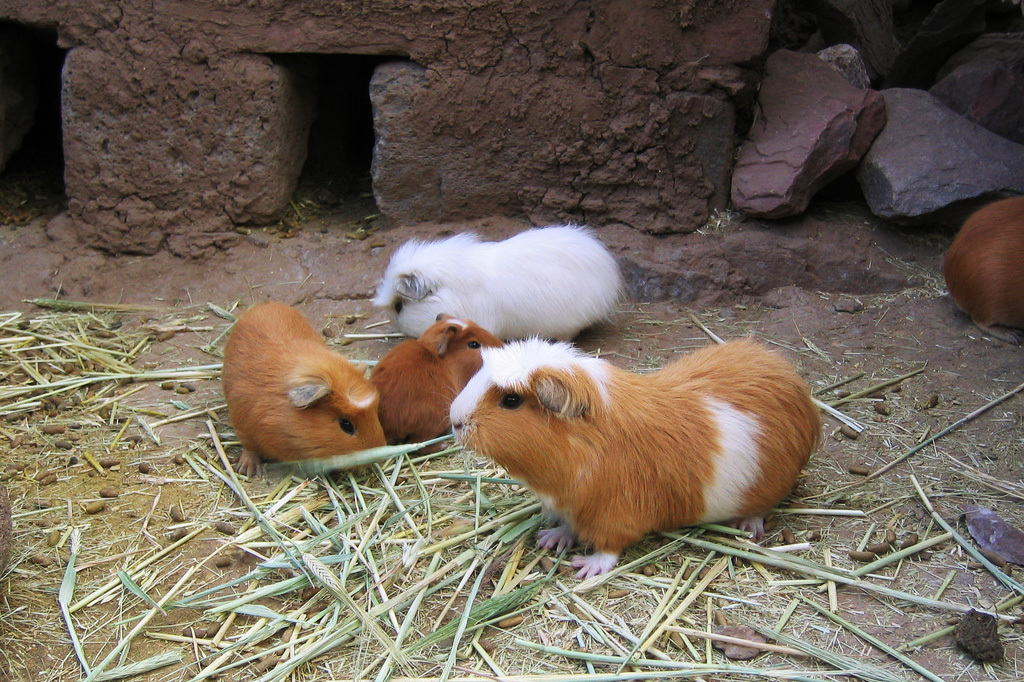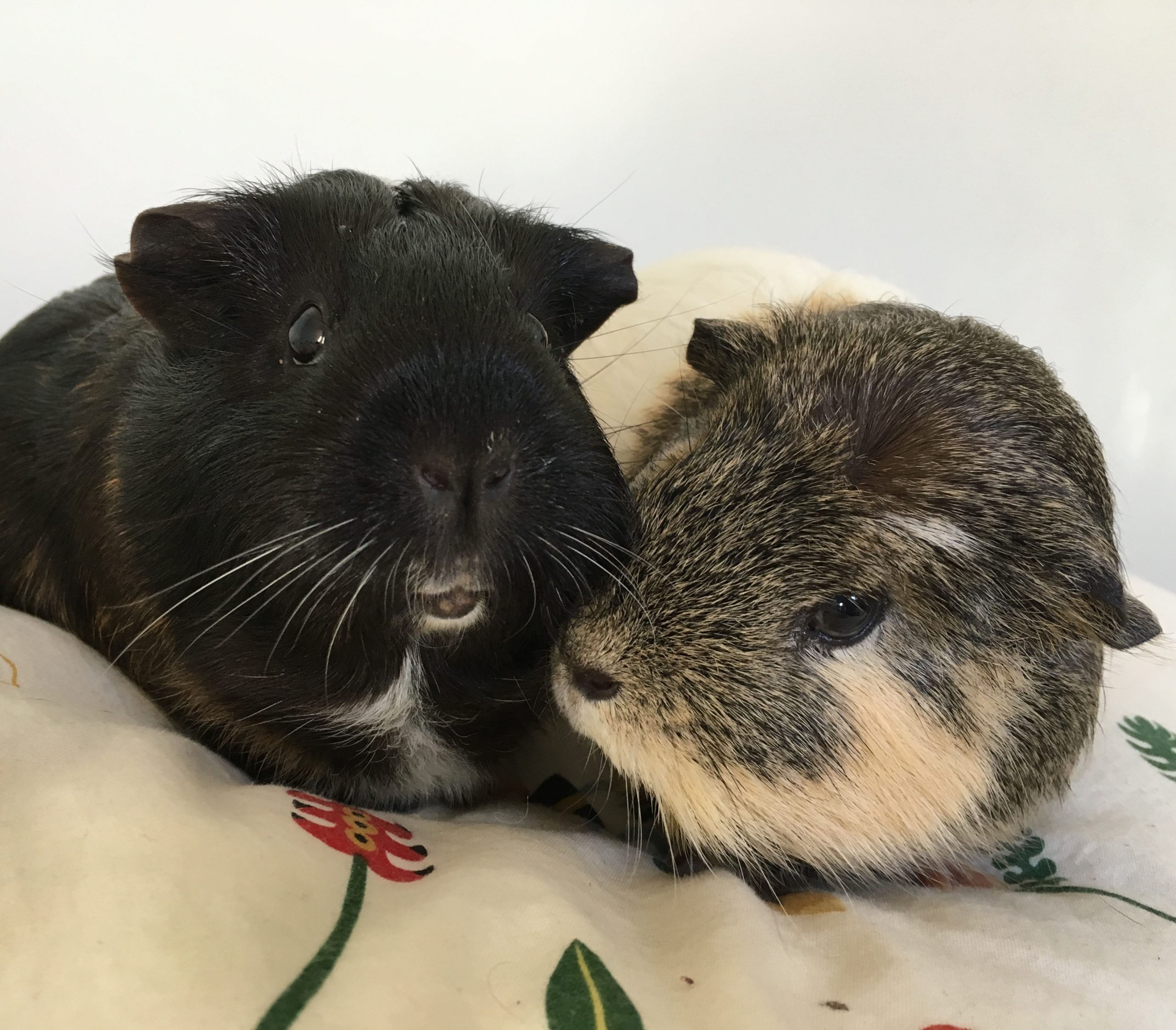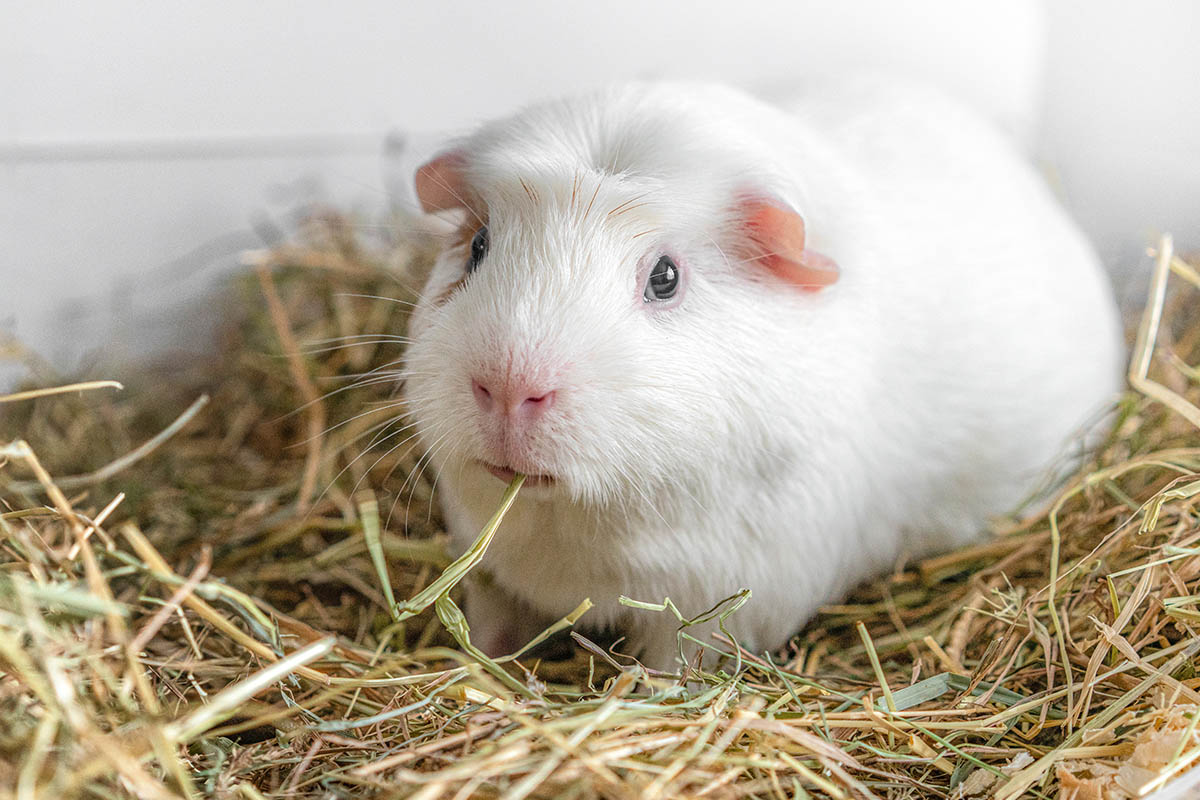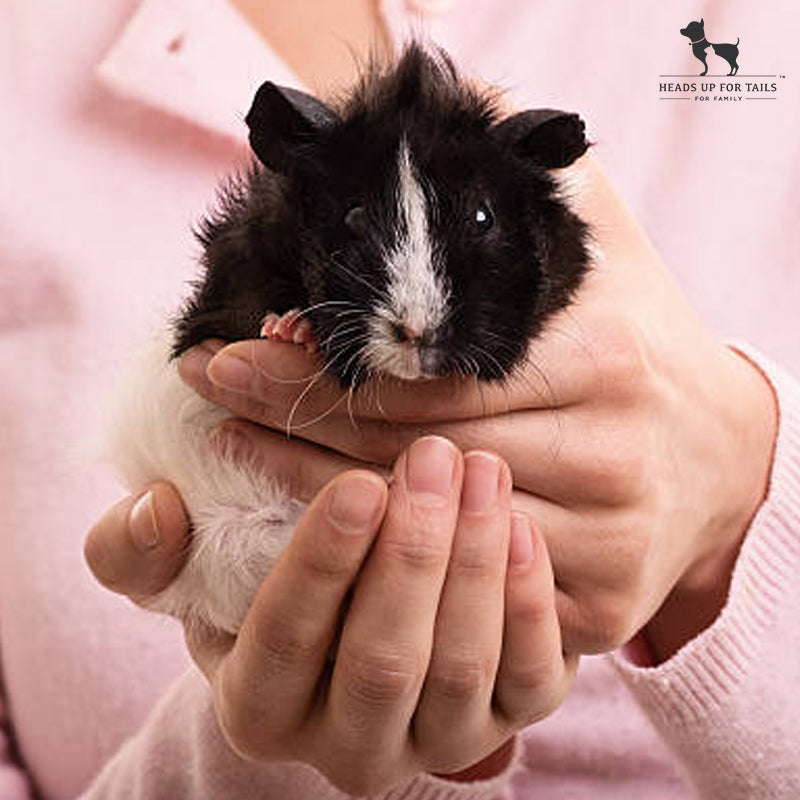Guinea pigs are small, social animals that make popular pets for families all around the world. These gentle creatures are known for their love of hay and vegetables, as well as their friendly and curious nature. However, like all living beings, guinea pigs need water to survive. As responsible pet owners, it is important to understand how long a guinea pig can go without water and what steps can be taken to ensure their health and well-being. In this article, we will explore the factors that affect a guinea pig’s ability to go without water, signs of dehydration to look out for, and tips on keeping your furry friend hydrated.
Seemore: Can Guinea Pigs Eat Asparagus? – A Complete Guide
Contents
Factors Affecting a Guinea Pig’s Ability to Go Without Water

The amount of time a guinea pig can go without water varies depending on several factors such as age, health, and environment. Let’s take a closer look at each of these factors and how they can impact a guinea pig’s hydration needs.
Age
Just like humans, the age of a guinea pig plays a significant role in their overall health and well-being. Younger guinea pigs, especially those under six months old, have a higher water requirement compared to adult guinea pigs. This is because younger guinea pigs are still growing and developing, and their bodies need more water to support their growth. On the other hand, older guinea pigs may have a decreased ability to retain water due to age-related health issues, making them more susceptible to dehydration.
Health
A guinea pig’s health also plays a crucial role in their hydration needs. Illnesses such as diarrhea, urinary tract infections, and dental problems can cause a guinea pig to lose fluids quickly, leading to dehydration. Additionally, certain medications or treatments may also increase a guinea pig’s water requirements. It is essential to monitor your guinea pig’s health and consult with a veterinarian if you notice any changes in their water intake or behavior.
Environment
The environment in which a guinea pig lives can also affect their hydration needs. Hot and humid weather can cause a guinea pig to lose water through sweating, leading to dehydration. Similarly, living in a dry climate or being exposed to air conditioning can also increase a guinea pig’s water requirements. It is important to consider the temperature and humidity levels in your guinea pig’s living space and make necessary adjustments to ensure they stay hydrated.
Signs of Dehydration in Guinea Pigs

Dehydration is a serious condition that can have severe consequences if not addressed promptly. As responsible pet owners, it is crucial to be aware of the signs of dehydration in guinea pigs so that we can take appropriate action. Here are some common signs of dehydration to look out for:
- Dry skin: One of the first signs of dehydration in guinea pigs is dry, flaky skin. You may notice that your guinea pig’s skin looks dull and lacks its usual shine.
- Sunken eyes: Dehydration can cause a guinea pig’s eyes to appear sunken and dull. This is because the body tries to conserve water by pulling it from other areas, including the eyes.
- Decreased activity: A dehydrated guinea pig may become lethargic and less active than usual. They may also show a lack of interest in their favorite activities and toys.
- Loss of appetite: Dehydration can also lead to a loss of appetite in guinea pigs. If you notice that your guinea pig is not eating or drinking as much as they usually do, it could be a sign of dehydration.
- Weight loss: In severe cases of dehydration, a guinea pig may experience weight loss due to the loss of fluids and electrolytes.
- Change in urine color: Dehydration can cause a guinea pig’s urine to become darker in color. If you notice that your guinea pig’s urine is not the usual clear or light yellow, it could be a sign of dehydration.
If you observe any of these signs in your guinea pig, it is crucial to take immediate action and seek veterinary care.
Tips for Keeping Your Guinea Pig Hydrated

As pet owners, it is our responsibility to ensure that our furry friends have access to clean and fresh water at all times. Here are some tips to help keep your guinea pig hydrated:
- Provide fresh water: The most important thing you can do to keep your guinea pig hydrated is to provide them with fresh, clean water at all times. Change their water daily and make sure to clean their water bottle or bowl regularly.
- Offer plenty of hay: Hay is an essential part of a guinea pig’s diet, and it also contains a lot of water. Make sure to provide your guinea pig with a constant supply of fresh hay to help them stay hydrated.
- Add fruits and vegetables to their diet: Fruits and vegetables are not only nutritious but also contain high water content. Adding these to your guinea pig’s diet can help increase their water intake.
- Use a water bottle: Guinea pigs are known to spill their water bowls, which can lead to a lack of access to water. Using a water bottle with a sipper tube can prevent this issue and ensure that your guinea pig always has access to water.
- Monitor their water intake: Keep an eye on how much water your guinea pig is drinking daily. If you notice a decrease in their water intake, it could be a sign of an underlying health issue, and you should consult with a veterinarian.
- Have a backup plan: If you are going to be away from your guinea pig for an extended period, make sure to have someone check on them and refill their water bottle if needed. Alternatively, you can also invest in a larger water bottle or attach a second one to their cage to ensure they have enough water while you are away.
Conclusion

In conclusion, guinea pigs are social and gentle creatures that require proper hydration to stay healthy and happy. While most guinea pigs can go without water for about 24 hours, it is crucial to monitor their water intake and provide them with fresh water at all times. Factors such as age, health, and environment can affect a guinea pig’s ability to go without water, so it is essential to be aware of these factors and take necessary precautions. By following the tips mentioned in this article, you can help ensure that your guinea pig stays hydrated and lives a long and healthy life. Remember, if you notice any signs of dehydration, seek veterinary care immediately to prevent any serious consequences.
